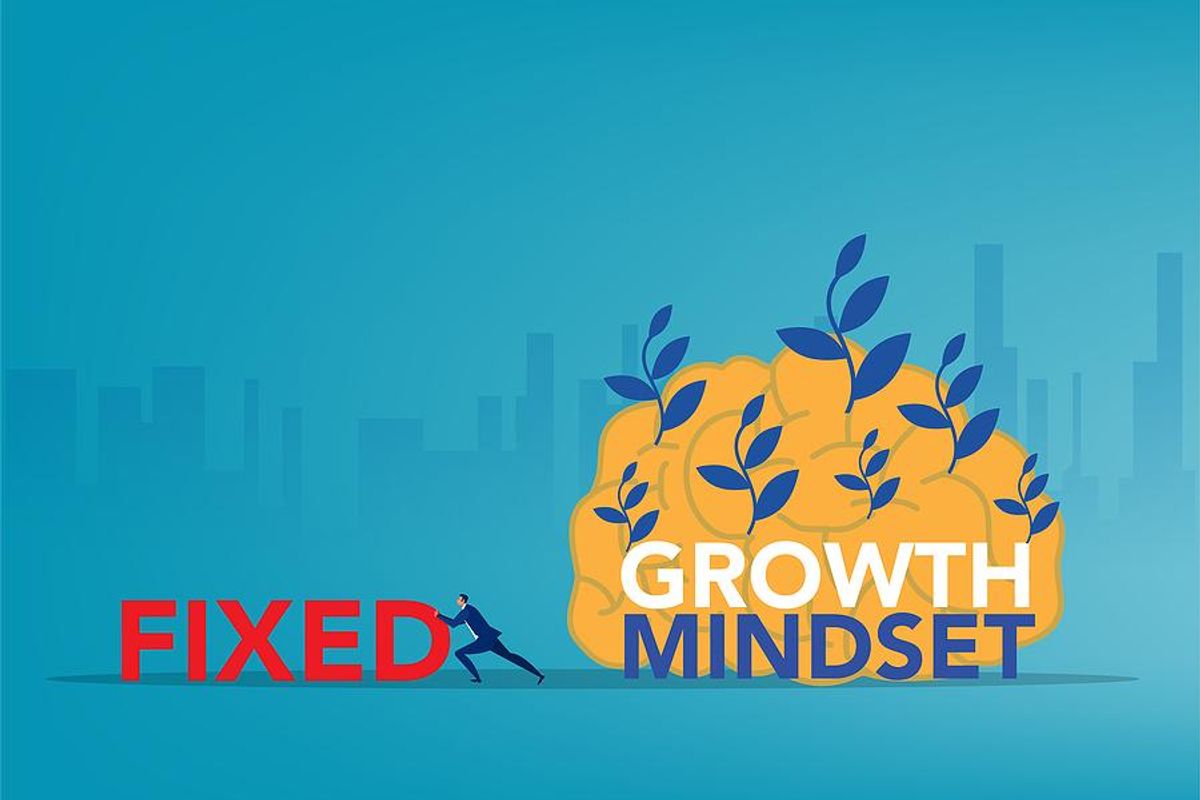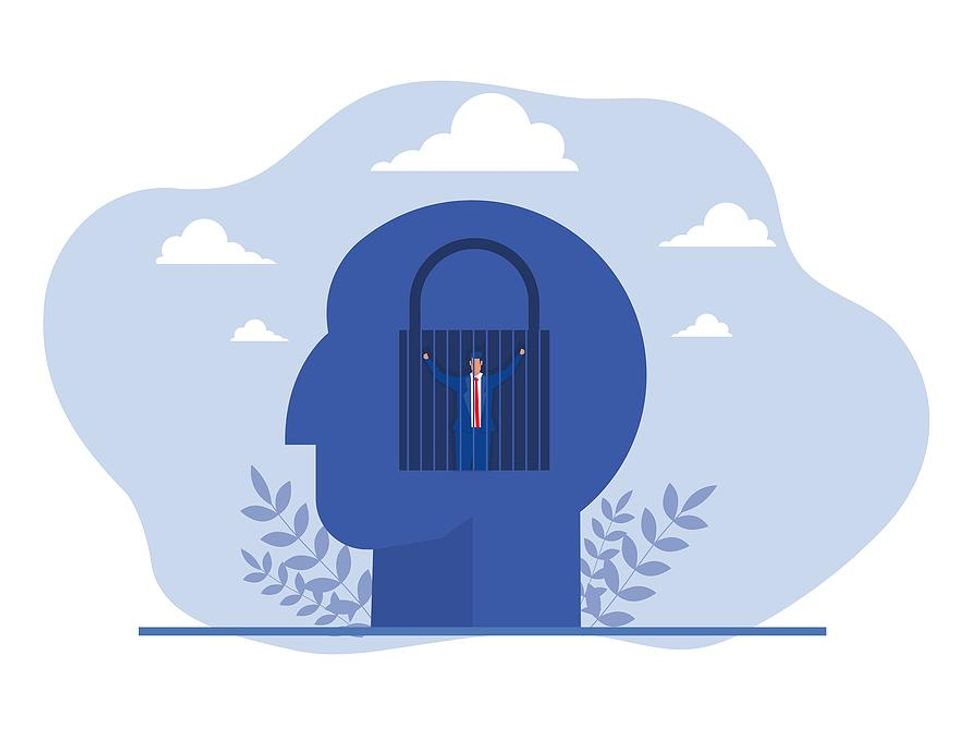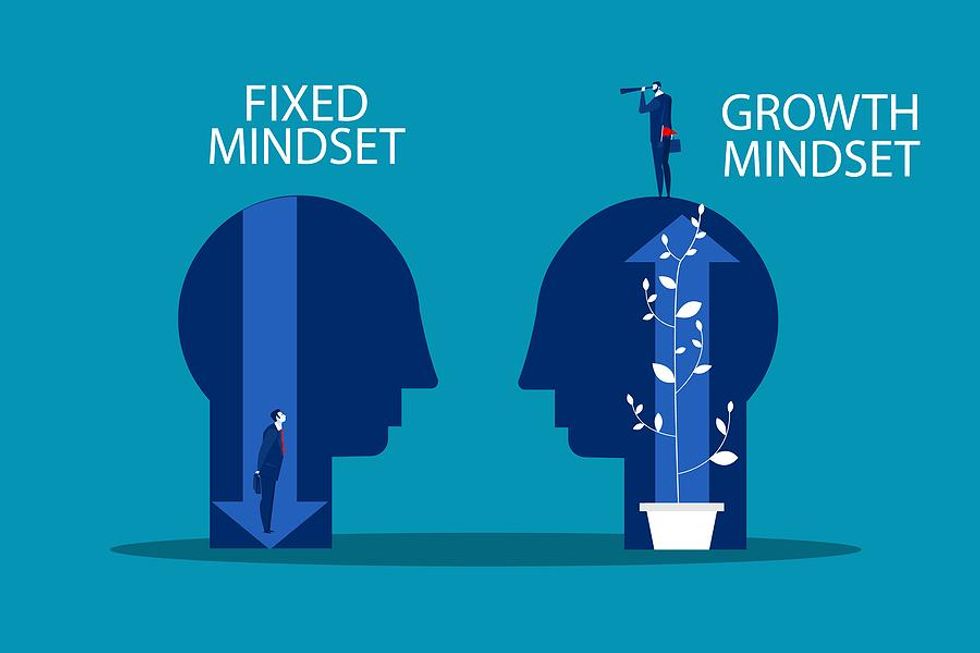There are a number of common call center interview questions you need to be ready for if you want to get hired in this setting. The environment of a call center can be demanding, so your answers need to show the interviewer that you have what it takes.

This list of questions will help you prepare for the big day, and walk away with a job offer.
Call Center Interview Questions & Answers
Working in a call center can be a rewarding experience that lets you flex your problem-solving and customer service skills. However, it can also be a demanding job. Agents are direct points of contact for customers, so hiring managers go to great lengths to ensure that they’re hiring the right people.
Here is a compilation of common call center interview questions you’ll encounter, and what you can do to develop a response that leaves a good impression.
1. Why are you looking for a new position?
This is a common question that interviewers ask regardless of the position. It’s a good icebreaker that helps hiring managers to get to know you better. It’s a deep dive into your background and unveils why you’re interested in this particular job.
The question is also a great way to learn more about why you left your last job or plan to leave your current one.
When answering, be honest but respectful. Don’t disparage former employees or colleagues. Instead, talk about where you are in your career and why being a call center agent interests you.
Take a look at the job description and use it to develop an answer that stands out. You can use specific keywords to demonstrate your understanding of the position and indicate that the position truly excited you.
2. What do you do when a customer asks you a question you don’t know the answer to?
Companies invest in call center employees, training them to know products inside and out. For the most part, you’ll encounter questions you can easily answer with your available resources. But you’ll hear a question that stumps you every once in a while.
Interviewers want to know how you handle this unique situation. The steps you take matter because they reflect the company and impact the level of customer service you can provide. You don’t have to be a whiz who knows everything, but you need a strategic approach to problem-solving.
A great way to answer this call center interview question is to provide examples of times when you had to find solutions independently. Perhaps you consulted with your available resources, reached out to more experienced colleagues, or performed additional research to find the right solution. The key is to have a level-headed approach and detail how you find resolutions in the face of adversity.
3. How do you strike a balance between working quickly and still delivering great customer service?
This call center interview question is about understanding your ability to work under pressure and manage your time. Call centers can be fast-paced environments. If you don’t work quickly, queues can pile up, leaving customers on hold for longer than they should be.
Interviewers want to know that you can manage those situations without breaking a sweat. The key here is to reassure hiring managers that you don’t crack under pressure or skimp on your service quality.
You can discuss your approach to managing calls quickly and efficiently. Focus on your methodologies and what you can do to maintain high productivity levels at a call center.
4. What skills should all call center workers have?
Interviewers use this question to ensure that you fully understand what it takes to work with customers. Being a call center agent is more than simply answering questions. You’re the face of the company and must put your best foot forward to provide assistance and keep customers happy.
There are many skills involved. In addition to hard skills, you need empathy, good active listening skills, and confidence when speaking. Excellent time management and problem-solving skills are critical, too.
Read the job description and use that as your foundation. Use real-world examples and show that you have the necessary skills to succeed.
5. What interests you about working for our company?
“Why do you want to work here,” is another universal question asked by interviewers in all industries. This particular query is your opportunity to show that you know the company. It’s also a way for hiring managers to understand your intentions and figure out how this job fits into your larger career goals.
Research the organization before you head into your interview. Learn about its mission statement, customers, products, and reputation. Find details that resonate with you and explain what it is about the company that drew you to this job.
6. What makes a call center effective?
This call center interview question aims to see if you have an idea of how everything should ideally run. Whether or not you have experience in this field, displaying a full understanding of how a call center should function goes a long way. It shows that you’ve done your research, know what it takes to succeed, and have a lot to bring to the table.
The best way to answer is to research the industry and the skills required to work in customer service. Don’t stop at what makes individual agents successful. Talk about the importance of collaboration and what you think would foster success for the entire department.
7. Can you give me an example of a challenge you helped a customer overcome?
The entire goal of a call center is to assist customers who are experiencing issues or are interested in a company’s product or service. Now is your chance to demonstrate that you have the relevant skills and experience to do the job.
Reflect on your past work experiences and the times you interacted with customers. Whether that was in retail or a similar customer service position, any relevant experience works. Tell a story about when you’ve had to troubleshoot issues and successfully found a resolution for a customer.
Go over what you did to achieve the positive outcome and relate everything to how you would bring those capabilities to this call center job.
8. How would your previous supervisor describe you?
This question serves multiple purposes. First, it’s a way for interviewers to learn about who you are as an employee. It can help them determine if you’d fit with the company culture.
Secondly, it tests your self-awareness. A confident job-seeker will have no problem reflecting on past jobs and discussing how they impacted fellow employees and supervisors.
Resist the urge to make anything up. Interviewers could easily contact your previous supervisor and compare your answer to what they say. Be honest and provide genuine examples of situations that reflect who you are as an employee.
9. What are your strengths and weaknesses?
Like the previous call center interview question, this one displays your self-awareness and gives interviewers a closer look at what you can offer the company. The best way to talk about your strengths is to relate them back to the job description. Study the preferred skills and qualifications, and lean on those factors to show that you’re a candidate worth pursuing.
It’s not always easy to talk about weaknesses. However, you can be honest while framing them in a positive light. You can discuss past missteps and detail how you overcame them to improve yourself.
10. Where do you see yourself in 5 years?
This question sounds cliche, but many interviewers still use it.
Why is this?
Ultimately, your answer tells key decision-makers about your long-term potential with the company. Hiring managers don’t want to hire transient workers who won''t stick around. They want people who can grow with the company. It’s about acquiring talent that lasts!
Feel free to talk about your true career aspirations. But make sure to link them back to the job and leave the door open for career growth with the company. For example, you can say that you envision yourself moving into a management or supervisor position. That shows that you’re dedicated to climbing up the corporate ladder.
11. How would you define excellent customer service?
You can’t succeed in a call center job without understanding the true meaning of “good customer service.” Interacting with customers is the name of the game, and interviewers want to ensure that you understand what it takes.
Think back on previous jobs and how you interacted with customers. You can talk about being kind, courteous, and knowledgeable. It also pays to demonstrate that you’re willing to put the customers’ needs first while maintaining the company’s reputation.
If you don’t have any customer service experience, you can frame your response from a caller’s perspective. Talk about the qualities you want from a call center agent.
12. What professional achievements are you most proud of?
This question can be tricky. There’s no definitive “right” answer that interviewers want to hear. Instead, this question highlights what’s important to you.
Be honest and discuss an achievement that matters. It could be a reward you earned, indicating that you appreciate recognition. Alternatively, it could be a customer interaction that made you feel great about your job.
Whatever the case, always link it back to the job.
13. Can you tell me a little about yourself?
One of the most iconic icebreaker questions in the job interview world, this one offers plenty of flexibility for your answer. It’s an opportunity to show off your personality. Interviewers are notoriously rigid and business-oriented.
Don’t be afraid to show who you are while reiterating why you deserve the job. Focus on work experience, skills you’ve cultivated, and your dedication to helping customers.
14. Do you prefer to work with a team or by yourself?
Working in a call center involves both independent work and collaboration. When you’re on a call, you usually work alone to find a solution for customers. However, you may have to rely on colleagues and work together to shape the customer service experience.
The key to providing a solid answer here is to display your adaptability. Don’t lean too heavily one way or the other. You can talk about preferences, but make sure to mention that you’re flexible enough to do both.
15. Are you comfortable handling multiple calls at once?
You’re not always going to focus on one call at a time. Busy call centers frequently require agents to juggle more than one interaction. As you can imagine, it can get chaotic if you don’t have the necessary skills for managing numerous calls at once.
If you have previous call center experience, this question will be no problem to answer. But if you don’t, you’ll have to demonstrate your ability to multitask and manage your time. You can do that by discussing previous job experiences where you were swamped with work but managed to take care of all your responsibilities without breaking under pressure.
16. How do you approach dealing with an unreasonable or angry customer?
It doesn’t matter what industry you’re in or how reputable a company you work for; You’ll encounter angry calls at some point. That’s the reality of the job, and you can’t lose your cool or let the quality of your service slip.
This call center interview question can make or break your chances, so take time to think about how you would respond in that situation. What steps would you take to keep your cool and troubleshoot the issue until you find a solution?
For example, you can say that you’d empathize with the customer’s frustration, hear them out, and reaffirm your dedication to making things right.
17. Do you have any questions for me?
Many interviewers use this as a way to wrap up the conversation. Don’t waste it!
This single question leaves plenty of room to leave a lasting impression. Interviewers love seeing candidates who are invested in the opportunity. You can show excitement by asking questions relevant to the job and company.
Avoid jumping straight to salaries and compensation. Instead, ask compelling questions about what the work experience is like, what responsibilities you’d have, etc. Thoughtful questions are memorable and can put you at the top of the hiring list.
Call Center Manager & Supervisor Interview Questions
If you’re interviewing for a management or supervisor position at a call center, many of the questions from above still apply. However, interviewers will also ask questions that focus on leadership and your ability to manage a successful team.
Here are a few that you may hear.
Can you tell me about a time when someone you managed was underperforming? How did you handle it?
As a call center leader, it’s your job to ensure that every team member provides top-notch service. That includes helping customers find solutions and meeting key performance metrics. When someone isn’t pulling their weight, you need to address it.
Of course, this is a delicate task that not everyone can do successfully. The point of this question is to ensure that you have what it takes to address issues and foster improvements in your team.
If you have previous management experience, pull from that. Detail how you broached the topic and how you had those tough conversations. Then, go into detail about what steps you took to help that employee make positive changes.
You want to highlight your ability to lead and handle challenging workplace situations.
What is your management style?
You can employ many management styles to lead a call center floor. Some supervisors are authoritative or collaborative. Meanwhile, others thrive when they can coach agents.
Your answer to this interview question will help interviewers envision you in the role of a call center manager or supervisor. It’s a way to see how you would fit with the company culture and provide a quick glimpse of how you might address existing issues.
Some companies want to stick with a specific management style to avoid shake-ups. However, others want someone with a fresh perspective to come in and transform the call floor.
Pay close attention to the job description and mold your answer accordingly. All the while, be honest and provide examples of how your management style has made a difference in previous jobs.
How do you handle the process of escalating calls? Can you provide an example?
Particularly challenging calls or conversations with angry customers sometimes warrant call escalation. That occurs when a standard agent can’t find a solution, so they escalate it to a supervisor for better assistance.
Interviewers want to know how you handle escalations and ultimately find a resolution. Successful leaders can change the tone of a call, improve the customer experience, and ultimately find a solution.
Provide a real example of a similar situation. Detail the steps you took to solve the problem and take care of the customer while preserving the brand reputation.
How many people have you managed previously?
Call centers can have hundreds of agents on the floor, making you responsible for many people. Of course, interviewers want to know that you can handle that task. They may prefer to hire people with experience managing large teams.
But even if you’ve only supervised a smaller group of people, you can develop a knockout answer. Focus on the skills you’ve honed and the management techniques that brought you success. Talk about how you would apply those capabilities to this job, and reassure the interviewer that you’re ready for a more significant challenge.
Tell me how you like to onboard new employees.
Setting call center agents up for success starts with the onboarding process. It’s a critical step that sets expectations and prepares employees for the challenges of the job ahead. A solid onboarding process makes all the difference, and interviewers want to know that you''re able to put agents in a position to succeed.
Think about your answer and pull from past onboarding experiences. Walk the interviewer through the process you would like to use. Prioritize employee preparation by bringing up training, evaluation, and collaborative coaching. You can also touch on factors like continuous learning, established expectations, and more.
The goal is to show that you understand how vital onboarding is and plan to take it seriously if offered the job.
Conclusion
Now that you''re familiar with these common call center interview questions, it''s time to sit down and start preparing your answers. You might not get asked all of them, but it''s important to be ready!
The post 17 Popular Call Center Interview Questions (With Answers) appeared first on Career Sherpa.





















